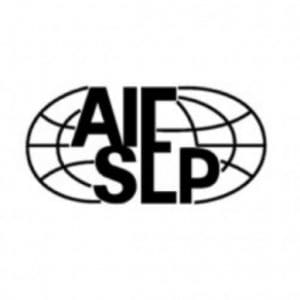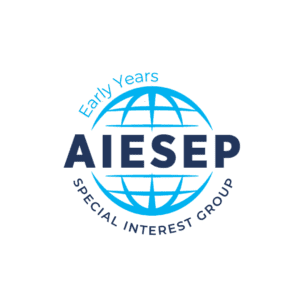The concept of Physical Literacy (PL) is currently resounded throughout the world. In the past it was brought into the discussion by Margaret Whitehead and was strongly based on philosophical assumptions. The International Physical Literacy Association 2017 stated: “Physical literacy can be described as the motivation, confidence, physical competence, knowledge and understanding to value and take responsibility for engagement in physical activities for life”. While it was explicitly seen as a holistic approach one can divide psycho-social, physical and cognitive elements to enable a human being as a decision maker to value and take over responsibility for a life-long career in physical activities, sport and human movement.
In the meanwhile, there are different versions of PL in the world (i.e. Canadian, US, Australian or UK way). For example, in the Canadian and the US version there was added a behavioural component as a part of PL and not as a consequence of a literate person. The part of the definition about value and responsibility components was almost dropped. Moreover, PL is currently widely used as a pragmatic concept in political papers and statements and often dominated by the physical component focusing motor skills and fundamental motor skills whereas in some countries it there is no sufficient conceptual equivalence to national discussions and PL is regarded as marginalized (i.e. Finland, Germany). Recently, in a pediatric perspective PL was even reduced just to explain the amount and levels of MVPA to reduce health risk factors (Faigenbaum, & Rebullido, 2018). While it can be valued that the Strength and Conditioning Journal published papers on PL one can ask why articles are accepted offside of its scope and how the editors found reviewers with the necessary expertise in the field of PL.
The use of the concept in this context in a questionable admissible manner and in political discussions might transform PL to a fuzzy concept with potential jingle-jangle fallacies and leads to the question: What is the future of PL? This situation is the starting point for the AIESEP Symposium in February in Liège (Belgium) to reflect the past, present and future of PL in a design thinking approach. You still have the chance to join PL experts and those who want to become. I am looking forward for intensive discussions.
Erin Gerlach (AIESEP Board Member)



